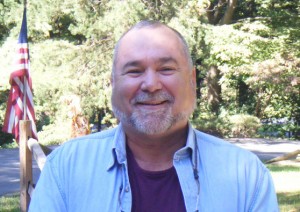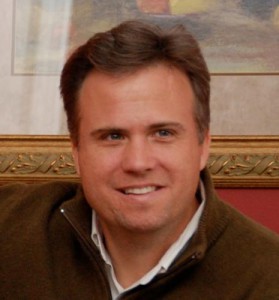
WASHINGTON, April 10, 2012 – The World Bank today announced that it will implement a new Open Access policy for its research outputs and knowledge products, effective July 1, 2012. The new policy builds on recent efforts to increase access to information at the World Bank and to make its research as widely available as possible. As the first phase of this policy, the Bank launched today a new Open Knowledge Repository and adopted a set of Creative Commons copyright licenses.
The new Open Access policy, which will be rolled out in phases in the coming year, formalizes the Bank’s practice of making research and knowledge freely available online. Now anybody is free to use, re-use and redistribute most of the Bank's knowledge products and research outputs for commercial or non-commercial purposes.
“Knowledge is power,” World Bank Group President Robert B. Zoellick said. “Making our knowledge widely and readily available will empower others to come up with solutions to the world’s toughest problems. Our new Open Access policy is the natural evolution for a World Bank that is opening up more and more.”
The policy will also apply to Bank research published with third party publishers including the institution’s two journals—World Bank Research Observer (WBRO) and World Bank Economic Review (WBER)—which are published by Oxford University Press, but in accordance with the terms of third party publisher agreements. The Bank will respect publishing embargoes, but expects the amount of time it takes for externally published Bank content to be included in its institutional repository to diminish over time.
Event 21 May 2012 1230-1400 Washington DC
Join us for an Open Discussion: What the Bank's Open Access Policy Means for Development
Monday, May 21, 2012 12:30 p.m. – 2:00 p.m. ET/16:30 – 18:00 GMT
The World Bank will be adopting an Open Access Policy as of July 1. In addition, the Bank recently launched the World Bank Open Knowledge Repository (OKR) and became the first major international organization to adopt a set of copyright licenses from Creative Commons. As a result, a wealth of Bank research and knowledge products are now freely available to anyone in the world for use, re-use, and sharing.
- Why is this so significant?
- How can open access contribute to the goal of eliminating poverty?
- How does the new policy impact the Bank's researchers and authors?
- How will the OKR benefit users of Bank knowledge, in particular those in developing countries?
Join us in person at the World Bank or online for a lively conversation about these and other aspects of open access to research, and its potential for development progress.
| FEATURED GUESTS: | |
| Peter Suber Director of the Harvard Open Access Project and a leading voice in the open access movement |
Cyril Muller Vice President for External Affairs at the World Bank |
| Michael Carroll American University law professor and founding board member of Creative Commons |
Adam Wagstaff Research Manager of the World Bank's Development Research Group |
| HOST: | |
| Carlos Rossel World Bank Publisher |
|
See Also:
The Springboard: How Storytelling Ignites Action in Knowledge-Era Organizations
THE OPEN SOURCE EVERYTHING MANIFESTO: Transparency, Truth & Trust
INTELLIGENCE FOR EARTH: Clarity, Diversity, Integrity, & Sustainability
COLLECTIVE INTELLIGENCE: Creating a Prosperous World at Peace







